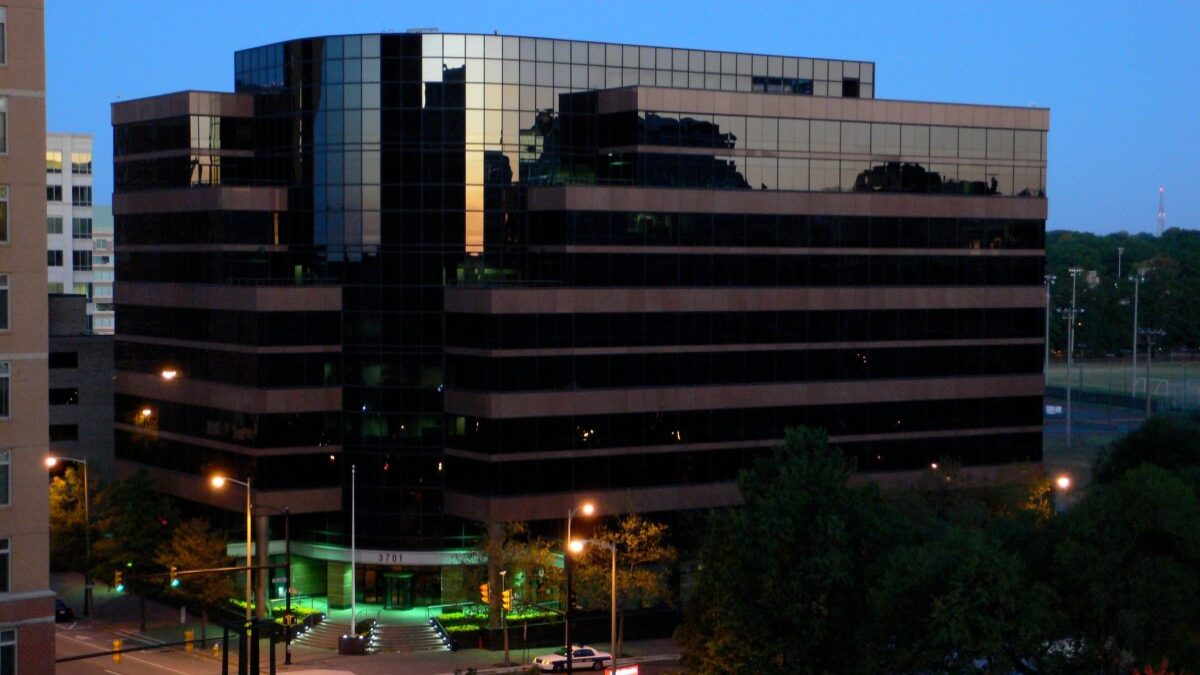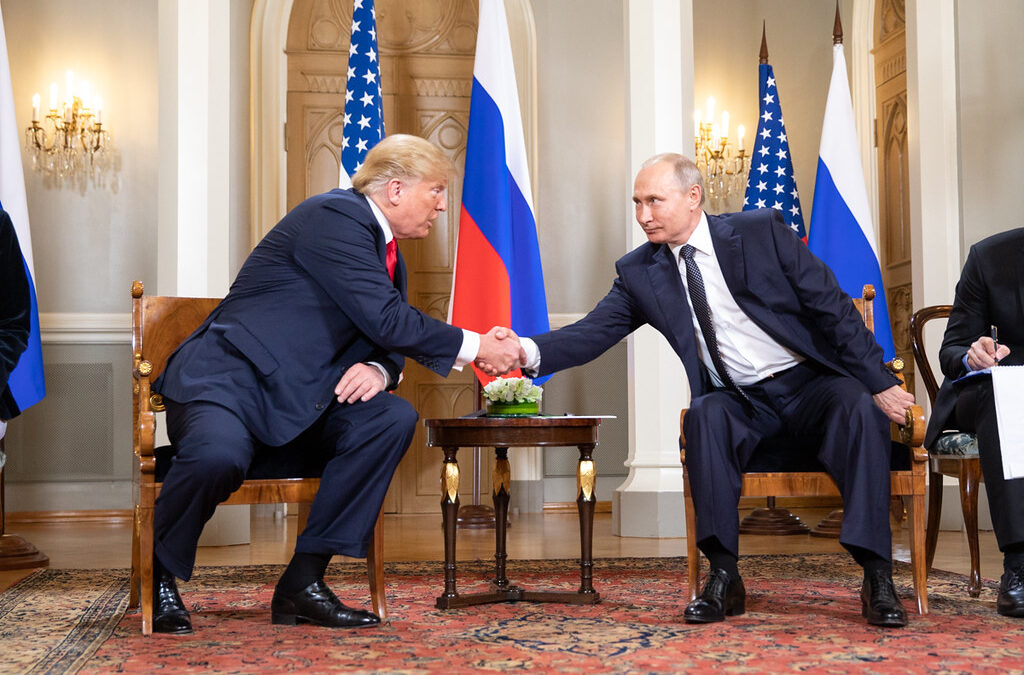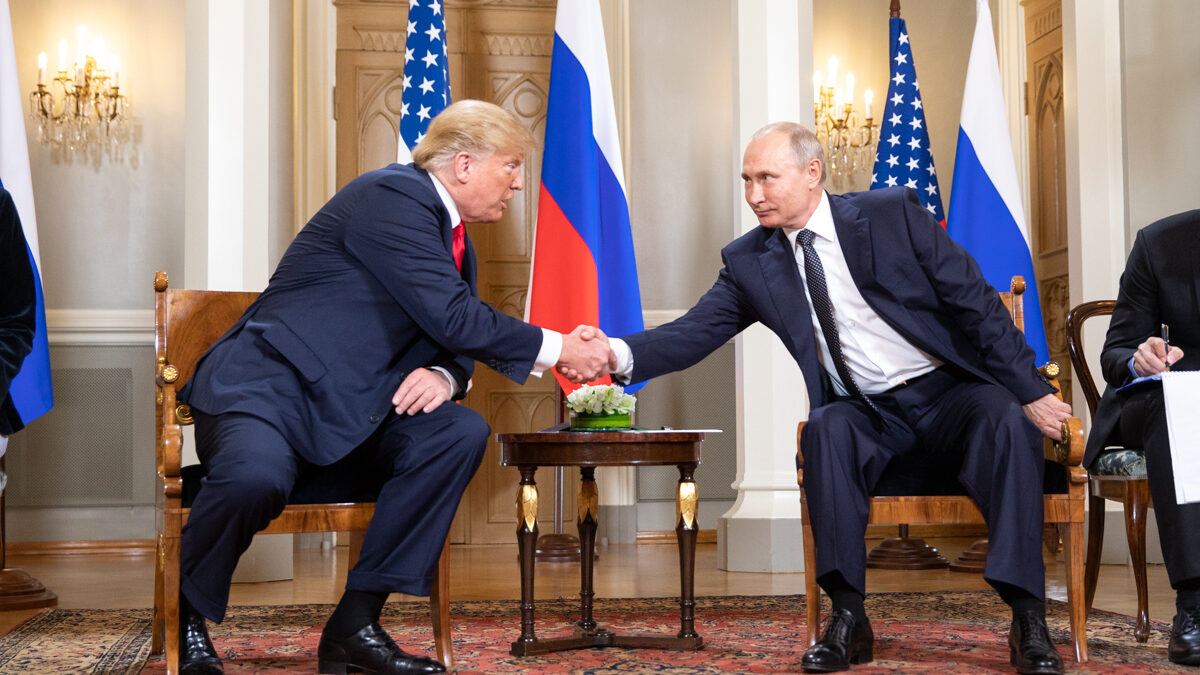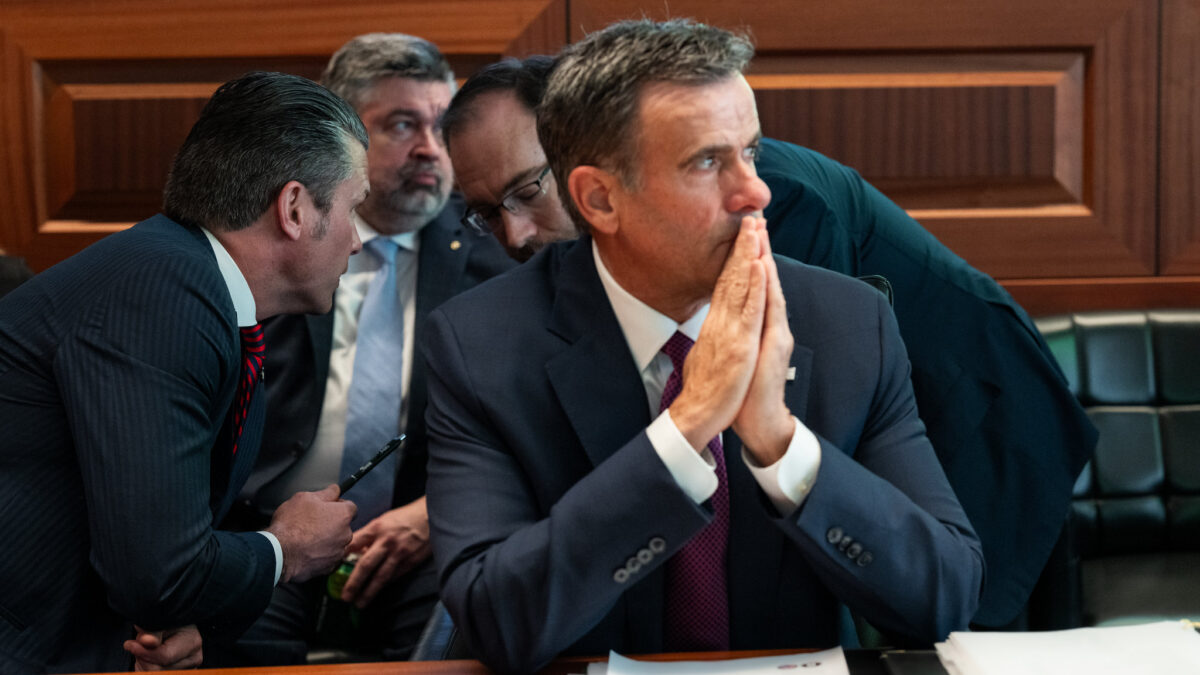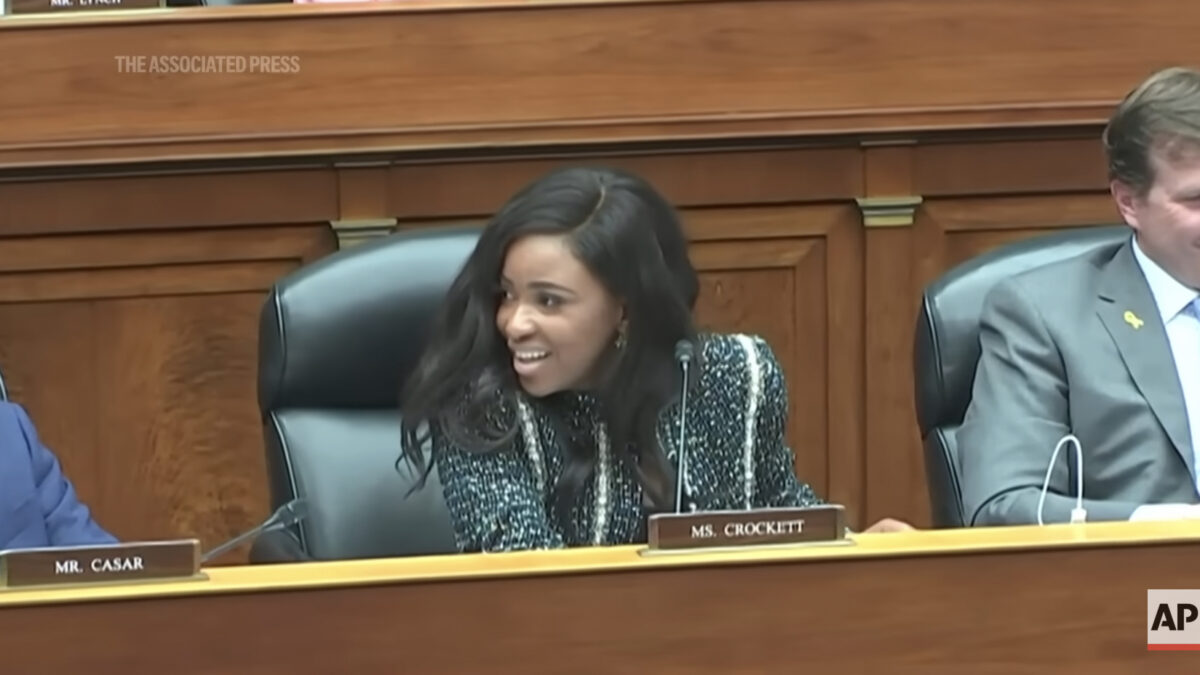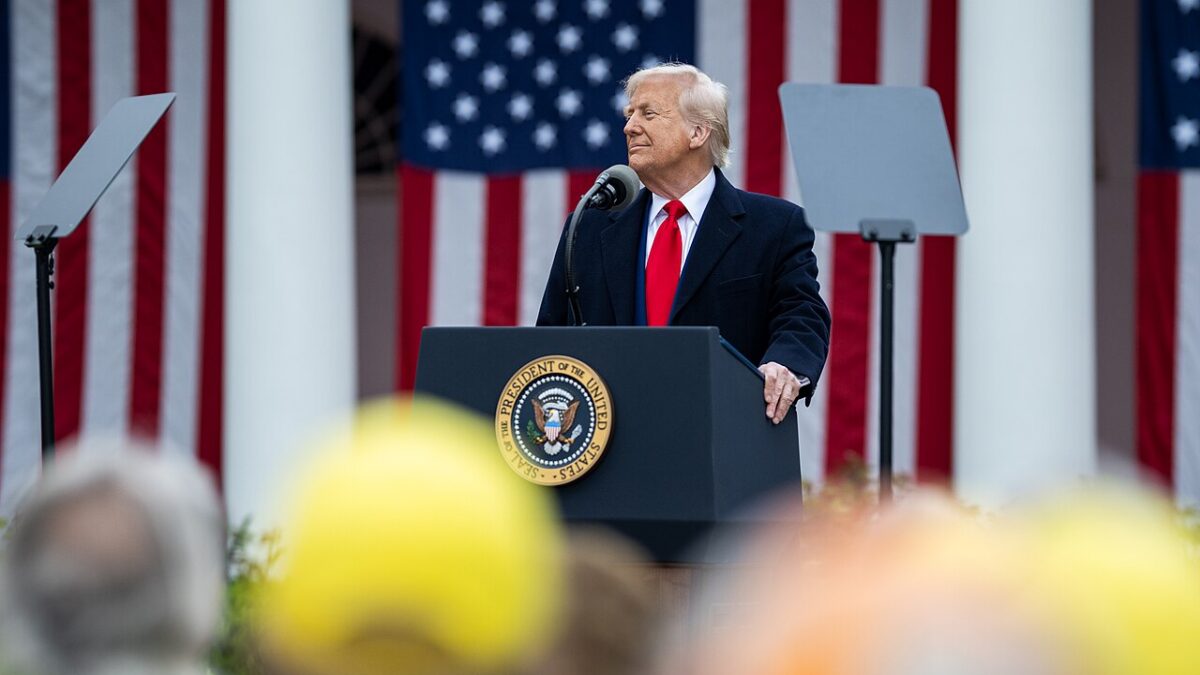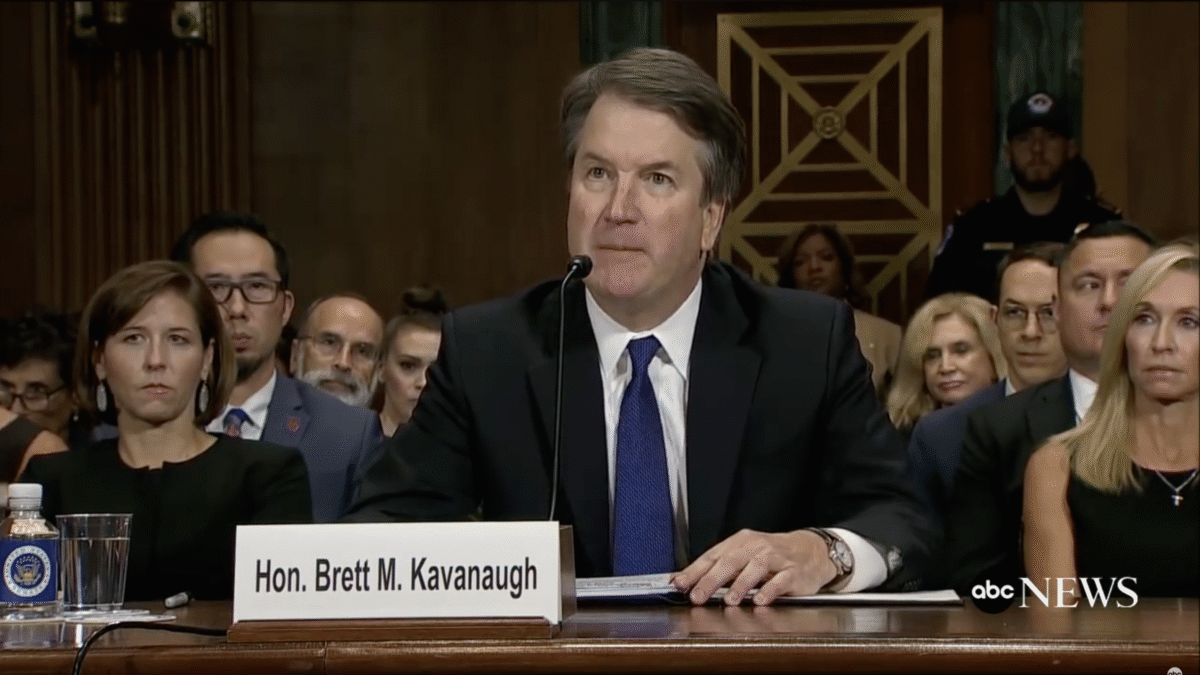After spending weeks dismissing concerns about its work with Russia hoax-connected researchers, a newly discovered email from The Defense Advanced Research Projects Agency to a Georgia Tech researcher with the subject line “Mueller case” casts doubt on DARPA’s denials.
Last month, The Federalist first reported that an email exchange obtained from Georgia Tech pursuant to a Right-to-Know request indicated that Special Counsel John Durham’s office was investigating the Democrat National Committee hack. Manos Antonakakis, the Georgia Tech researcher branded “Researcher-1” in the special counsel’s indictment of former Clinton campaign lawyer Michael Sussmann, penned the email shortly after being questioned by one of Durham’s top prosecutors.
The special counsel’s office charged Sussmann last fall with lying to the FBI’s general counsel, James Baker, when Sussmann provided Baker with data and white papers supposedly showing the existence of a secret communications network between the Donald Trump campaign and the Russian-based Alfa Bank. The Sussmann indictment also revealed that the Georgia Tech researchers, since identified as Antonakakis and David Dagon, “were receiving and analyzing Internet data in connection with a pending federal government cybersecurity research contract.”
The then-unidentified government contract originated with DARPA, with DARPA eventually awarding Georgia Tech more than $17 million for the project dubbed “Rhamnousia,” after the mythical Greek goddess of divine retribution, Rhamnous.
As part of its investigation into Sussmann, the special counsel’s office subpoenaed both Antonakakis and Dagon and later granted Dagon immunity. While Durham did not provide Antonakakis immunity, Antonakakis nonetheless spoke with the special counsel’s office after receiving assurances that he was merely considered a witness in the investigation.
Then, after speaking with the special counsel’s team, Antonakakis told the university’s general counsel and other members of upper management that he was asked point-blank by lead prosecutor Andrew DeFilippis: “‘Do you believe that DARPA should be instructing you to investigate the origins of a hacker (Guccifer_2.0) that hacked a political entity (DNC)?’”
According to his email, Antonakakis told DeFilippis that was “a question for DARPA’s director.” As I reported at the time, this represented “a seeming confirmation that DARPA had, as the special counsel’s question presumed, directed Antonakakis to investigate who bore responsibility for the DNC hack, although it is unclear whether Antonakakis’ task concerned solely the supposed identity of ‘Guccifer,’ or more broadly the question of who hacked the DNC.”
However, within days, DARPA denied any involvement “in efforts to attribute the DNC hack.” “Dr. Antonakakis worked on DARPA’s Enhanced Attribution program, which did not involve analysis of the DNC hack,” according to Jared Adams, DARPA’s chief of communications. Adams further told the Washington Examiner that “DARPA was not involved in efforts to attribute the Guccifer 2.0 persona, nor any involvement in efforts to attribute the origin of leaked emails provided to Wikileaks.”
While acknowledging DARPA met with the special counsel’s office, DARPA noted that “the meeting between DARPA and special counsel Durham was to provide a high-level overview of the Enhanced Attribution program,” stressing that “during the course of that meeting, DARPA did not discuss matters related to the DNC hack, Guccifer 2.0, or leaked DNC emails provided to Wikileaks.” The Washington Examiner’s article added the DARPA spokesman’s claim that, “to the best our knowledge, no DARPA-funded researchers investigated” the DNC hack or assisted the FBI’s or Special Counsel Robert Mueller’s investigation of the hack.
In response to a request for clarification based on the Washington Examiner’s reporting, Adams told The Federalist that, to DARPA’s knowledge, no one affiliated with DARPA had asked Antonakakis “to research, in any way, at any time, either the DNC hack or the hacker.” An attorney for Antonakakis did not respond to requests for comment.
But now an email first obtained by The Federalist shows Chris Schneck from DARPA’s Information Innovation Office, known as “I2O,” writing Antonakakis on September 25, 2018, with the subject line of “Mueller case.” While redactions prevent a full understanding of the email, the “Mueller case” subject line and Schneck’s “great work” closer indicate the DARPA-funded Georgia Tech researcher was assisting Special Counsel Robert Mueller.
The only apparent pending Mueller case at the time of the email appears to have been that special counsel’s case against the 12 officers of the Russian military intelligence organization known as GRU, who had been indicted two months earlier and charged with crimes related to the hacking of the DNC’s emails in 2016.
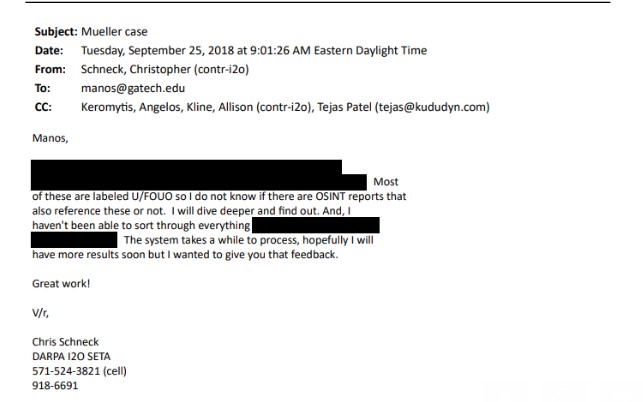
While DARPA’s September 25, 2018 email to Antonakakis about his “great work” regarding the “Mueller case” does not mention the DNC hack, a “chat log” for the DARPA Rhamnousia project shows the Georgia Tech researchers discussing both the DNC hack and GRU. One text reads: “For FBI to give a heads up to the DNC in fall 2015, this means that the attack was active for many months before.” In another message, one of the researchers jokes that if GRU sends the Russian beauty Annet Mahendru after him, he’s “giving up” his colleagues.
Moreover, another email reviewed by The Federalist reveals that Dagon told Durham’s team that the “entire set” of “Rhannousia chat logs” were “pertinent to” the Special Counsel’s investigation.” Those chat logs, in addition to involving chats between Dagon and Antonakakis, included conversations involving, or about, two other DARPA-connected individuals, Angelos Keromytis and Tejas Patel—both of whom were included on the September 25, 2018 email about the “Mueller case.” (The Georgia Tech emails obtained by The Federalist also established that Durham’s team sought to question Keromytis about his time at DARPA.)
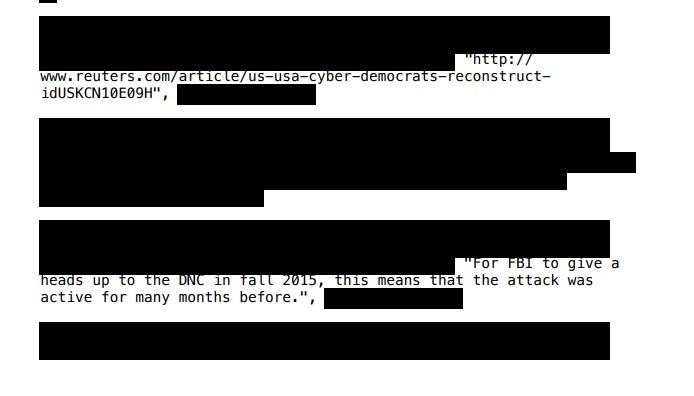
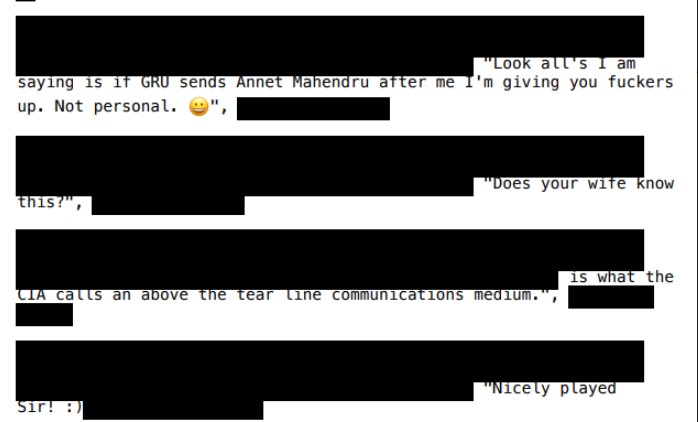
The extensive redactions in the “Rhannousia chat logs” make it impossible to assess whether Antonakakis and his colleagues were working on the DNC hack or investigating the identity of Guccifer2.0 for the “Mueller case” against the Russian GRU agents. But if so, it raises serious questions, the foremost of which is: Why did DARPA claim no DARPA-funded researchers assisted the FBI’s or Special Counsel Robert Mueller’s investigation of the DNC hack?
If Antonakakis assisted Mueller in the DNC hack investigation, as these various documents suggest, it raises a second significant question: Did Rodney Joffe provide Antonakakis the data necessary to conduct an attribution analysis of the hack?
Other emails The Federalist obtained from Georgia Tech establish that Joffe had assisted Antonakakis with data requests he needed for some attribution requests, beginning in August of 2016, even before the DARPA contract became official. So, the question is, did Joffe continue providing the data Antonakakis needed to run various attribution analyses, and specifically did he provide data used to investigate the DNC hack?
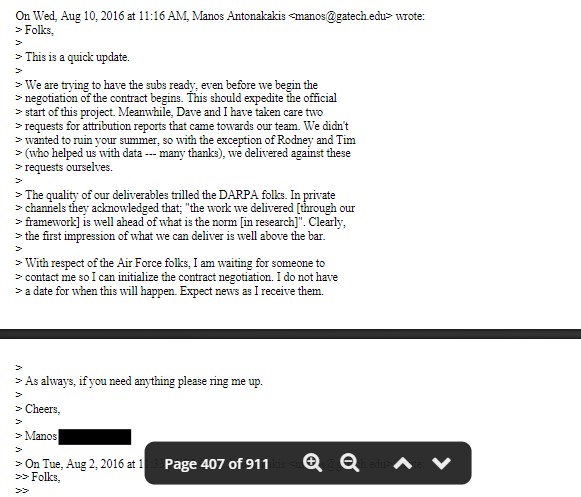
Given Joffe’s role in the Alfa Bank hoax, and given yesterday’s revelation by the special counsel’s lead prosecutor DeFilippis that a CIA analyst believed the data was user-created, the country deserves to know whether Georgia Tech researchers assisted the special counsel’s office in investigating the DNC hack and, in turn, relied on data Joffe provided.
DARPA Chief of Communications Jared Adams has not replied to multiple requests for clarification from The Federalist, leaving one to wonder why. (The author of the “Mueller case” email, Chris Schneck, also did not respond to The Federalist’s request for comment.) And if DARPA and Antonakakis weren’t working on the DNC hack case, then what was the Mueller case with which they were assisting?
